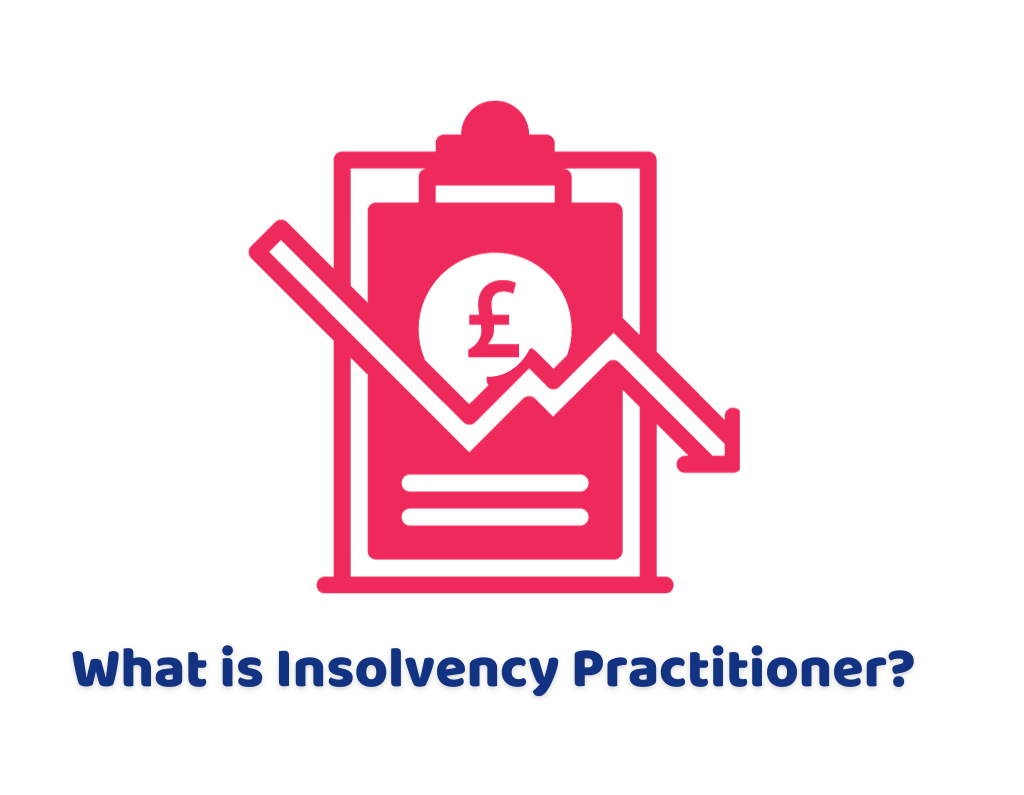A Biased View of Insolvency Practitioner
A Biased View of Insolvency Practitioner
Blog Article
About Insolvency Practitioner
Table of ContentsInsolvency Practitioner - An OverviewThe Greatest Guide To Insolvency PractitionerThe Buzz on Insolvency PractitionerThe Greatest Guide To Insolvency PractitionerThe Ultimate Guide To Insolvency Practitioner
Whether you need to use an insolvency professional (IP) to liquidate your business depends on different aspects. While involving an insolvency specialist for all forms of liquidation is not a lawful demand, doing so can usually streamline the procedure and make certain conformity with legal needs. Liquidating a company is a crucial decision that includes substantial effects.
It is a treatment utilized when a business does not have any type of creditors, or every one of their lenders can be settled completely with statutory interest. Recognizing the various types of bankruptcy processes can assist you identify the finest course of action for your business's liquidation or various other official bankruptcy treatments itself.
This is necessary in order to abide by legal needs - Insolvency Practitioner. This is since IPs have the necessary credentials and experience to ensure that the liquidation process is conducted based on all appropriate legislations and policies. By engaging a licensed insolvency practitioner, you can have tranquility of mind knowing that your company's liquidation process will be managed skillfully and in compliance with the pertinent legal requirements
Insolvency Practitioner for Beginners
The insolvency practitioner is selected as a liquidator and is liable for handling the business and liquidator's financial debts outstanding obligations and possessions. This process entails selling off the company's possessions and dispersing the profits to creditors. Upon conclusion of the process, the business is removed from the register at Firms Home.
Failing to do so can cause individual obligation for the business or director for the financial institution's debts. Voluntary liquidation, that includes Financial institutions' Volunteer Liquidation (CVL) and Members' Voluntary Liquidation (MVL), is started by the firm's directors and shareholders when they can no much longer pay their financial debts. In a CVL, the insolvency professional is marked as the liquidator, in charge of handling business financial obligations and all business properties.

Little Known Questions About Insolvency Practitioner.
By examining the expertise and experience of potential bankruptcy professionals, you can make sure that you choose an expert that possesses the required credentials to manage your business's liquidation straight from the source process efficiently. While insolvency practitioner-led liquidation is often the most appropriate training course of activity for business encountering insolvency, there are alternate methods to think about, such as striking off and partial liquidation.
It's important to assess all available alternatives prior to deciding on the following finest option or program of activity for your business. Striking off firms' signs up is an extra uncomplicated and affordable method to shut dormant or small companies without financial obligations or assets. To strike off a business, its name is gotten rid of from the Firms find more information Residence register by sending kind DS01.
Before opting for striking off, it's essential to evaluate the advantages and disadvantages of this technique and take into consideration whether it's the right option for your company. Partial liquidation is an additional option to bankruptcy practitioner-led liquidation, where a firm liquidates certain properties and obligations while proceeding to run with the continuing to be possessions and obligations.
A Bankruptcy Practitioner will have the ability to encourage you of the finest strategy to take and make sure that whatever runs smoothly. Regrettably, it is not feasible to liquidate a business without a liquidator. Assigning an authorised insolvency specialist is required for the process of voluntary liquidation to start.
Insolvency Practitioner Things To Know Before You Buy
It is possible to shut and liquidate your company without making use of a liquidator, provided your firm is solvent and you fulfill the eligibility demands to liquify or liquidate it. If your company is financially troubled, you may be called for to utilize a liquidator that site and start formal bankruptcy procedures. Here are a few other helpful posts pertaining to firm liquidation in the UK:.
Being in a setting where you're incapable to pay your firm's lenders is very difficult. In an attempt to stay clear of increasing the level of debt, lots of companies try to work out directly with their financial institutions and consent to a casual plan. If the financial debt is quite little and owed to one lender, and the lender is being cooperative, getting in into an informal financial debt setup is possibly the very best service, as opposed to searching the internet for 'an insolvency practitioner near me'.
On the other hand, if there are numerous lenders and the level of financial obligation is huge, financial institutions may not be so willing or participating. In order to prevent liquidation or insolvency, it is better to hire a bankruptcy expert to formulate official propositions and discuss with financial institutions on your part.
Insolvency Practitioner Things To Know Before You Get This
Whilst it is a way to handle financial debt, there are considerable risks included with this kind of financial debt plan - Insolvency Practitioner. If a creditor is willing to enter right into an informal setup (IA) where the borrower has agreed to make normal, if reduced, settlements to pay back the financial debt, it's crucial to stick to the arrangement

As a result, the financial institution is within their civil liberties to back out of the contract and application the courts for your business to be sold off any time. A formal arrangement that has been proposed by an insolvency specialist in your place, and concurred by a lender, gives a much safer option.
Report this page